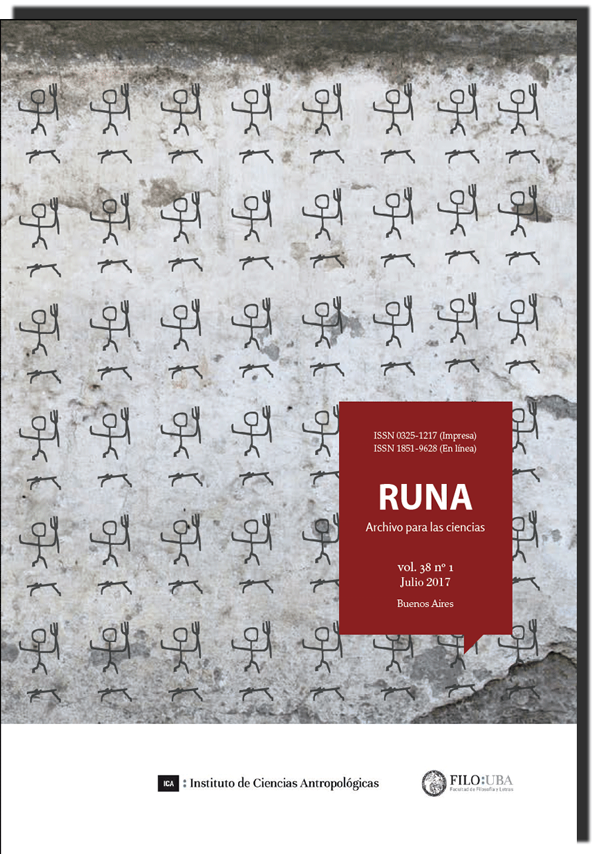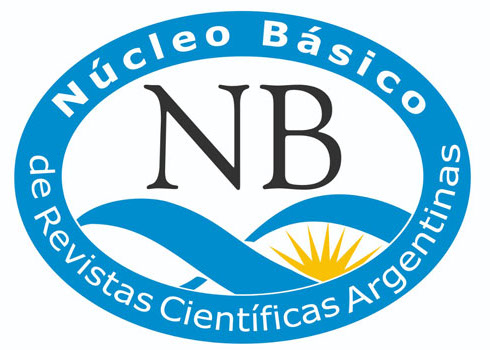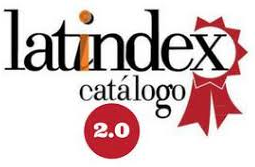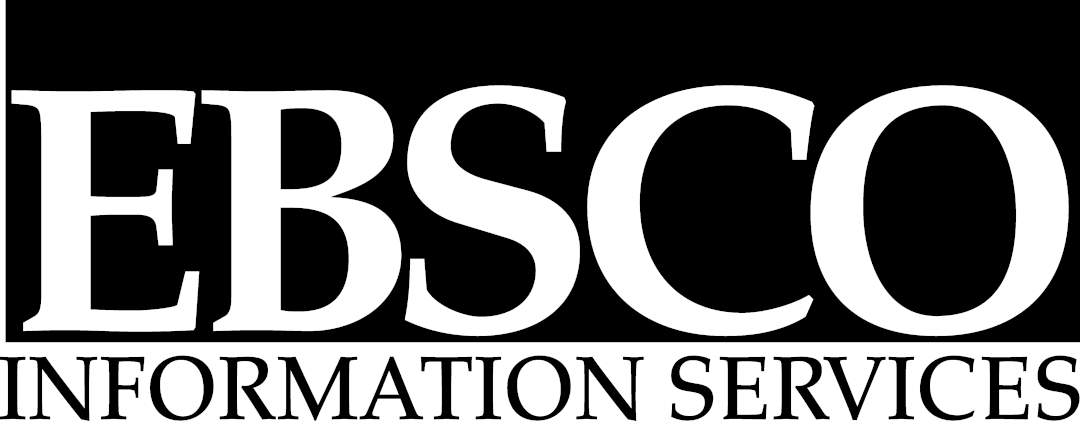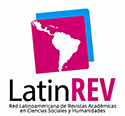Millennium Units, Intercultural Bilingual Education and (in) equality in access to education in Ecuador. An analysis from ethnographic research
Abstract
This paper is part of a doctoral research project that analyzes whether the public management of intercultural bilingual education responds to the definition of Ecuador as an intercultural and plurinational state. The article analyzes the educational policy developed through Millennium units, promoted by the Ministry of Education and directed especially to indigenous population, in a situation of social vulnerability due to poverty. Our analysis follows a double itinerary: first, the paper analyzes the current legislation on bilingual intercultural education, the Millennium units and the universalization of access to education; secondly, bilingual intercultural education practices and the generalization of access to the educational system are studied and described, based on an ethnography developed in two Millennium units located in the Ecuadorian Andes.Downloads
References
ARANA, Silvia. 2015. “¿Por qué se levantan las comunidades indígenas?”. http://www.rebelion.org/noticia.php?id=202406 .(9 de octubre de 2016).
FERNÁNDEZ, Francisca. 2005. “El currículum en la educación intercultural bilingüe: algunas reflexiones acerca de la diversidad cultural en la educación”. Cuadernos Interculturales, 3 (4): 7-25. http://www.redalyc.org/articulo.oa?id=55200402. (15 de noviembre de 2016)
GUERRERO, Andrés. 1997. “Conversación con Andrés Guerrero. “Se han roto las formas ventrílocuas de representación””. ICONOS, Revista de Ciencias Sociales, 3: 60-66.
LÓPEZ, Luis Enrique. 2007. “Trece claves para entender la Interculturalidad en la Educación Latinoamericana”. En: E. Prats (Ed.). Multiculturalismo y Educación para la Equidad. Barcelona: Octaedro/OEI. pp. 13-44.
MARTÍNEZ, Carmen. 2009. “La crisis del proyecto cultural del movimiento indígena”. En: C. Martínez (Ed.). Repensando los movimientos indígenas. Quito: FLACSO-Ecuador/Ministerio de Cultura. pp. 173-196.
MONTALUISA, Luis. 1988. Comunidad, escuela y currículum. Santiago de Chile: UNESCO/OREALC.
VALIENTE-CATTER, Teresa. 1999. “Interculturalidad y desarrollo curricular en el Perú”. En: R. Moya (Ed.). Interculturalidad y educación. Diálogo para la democracia en América Latina. Quito: Abya-Yala,/P. EBI. pp. 51-77.
WALSH, Catherine. 2010. Interculturalidad crítica y educación intercultural. En: J. Viaña, L. Tapia, y C. Walsh (Eds.). Construyendo la Interculturalidad Crítica. La Paz: CAB-Instituto Internacional de Integración del Convenio Andrés Bello. pp. 75-96.
________________. 2000. Propuesta para el tratamiento de la interculturalidad en la educación. Documento Base. Lima: Programa FORTE-PE, Ministerio de Educación.
ZÚÑIGA, Madeleine. 1989. Materiales de apoyo para la formación docente en educación bilingüe intercultural. Santiago de Chile: UNESCO/OREALC.
Otras fuentes consultadas
ASAMBLEA GENERAL DE LAS NACIONES UNIDAS. 2005. Objetivos de Desarrollo del Milenio: una mirada desde América Latina y el Caribe. http://www.oei.es/historico/genero/documentos/internacionales/ODM_AL.pdf. (14 de noviembre de 2016).
ASAMBLEA NACIONAL DE ECUADOR. 2011. Ley Orgánica de Educación Intercultural. http://www.evaluacion.gob.ec/wp-content/uploads/downloads/2015/06/Anexo-b.-LOEI.pdf. (28 de octubre de 2016).
CONSTITUCIÓN POLÍTICA DE ECUADOR. 2008. http://www.inocar.mil.ec/web/images/lotaip/2015/literal_a/base_legal/A._Constitucion_republica_ecuador_2008constitucion.pdf. (25 de octubre de 2016).
INSTITUTO ECUATORIANO DE CRÉDITO EDUCATIVO Y BECAS (IECE). s.f. Boletín nº 13. Becas Go Teacher. http://www.fomentoacademico.gob.ec/wp-content/uploads/downloads/2015/02/boletin_mensual_enero_2015.pdf. (24 de noviembre de 2016).
MINISTERIO DE EDUCACIÓN DE ECUADOR. 2006. Plan Decenal de Educación del Ecuador 2006-2015.http://planipolis.iiep.unesco.org/upload/Ecuador/EcuadorPlanDecenaldeEducacionSpa.pdf. (10 de noviembre de 2016).
MINISTERIO DE EDUCACIÓN DE ECUADOR. 2012. Plan de Reordenamiento de la Oferta Educativa. http://educacion.gob.ec/wp-content/uploads/downloads/2013/03/Reordenamiento_de_la_oferta_educativa.pdf. (24 de noviembre de 2016).
MINISTERIO DE EDUCACIÓN DE ECUADOR. s.f.. Unidades educativas del Milenio. http://educacion.gob.ec/unidades-educativas-del-milenio-4/. (25 de noviembre de 2016)
MINISTERIO DE EDUCACIÓN DE ECUADOR. s.f. Inician los cursos de actualización docente a través del programa “Soy Maestro nunca dejo de aprender”. https://educacion.gob.ec/inician-los-cursos-de-actualizacion-docente-a-traves-del-programa-soy-maestro-nunca-dejo-de-aprender/. (23 de noviembre de 2016).
SENPLADES. 2009. Plan Nacional para el Buen Vivir 2009-2013. http://www.planificacion.gob.ec/wp-content/uploads/downloads/2012/07/Plan_Nacional_para_el_Buen_Vivir_(version_resumida_en_espanol).pdf. (18 de octubre de 2016).
SENPLADES. 2014. Plan Nacional para el Buen Vivir 2013-2017. http://documentos.senplades.gob.ec/Plan%20Nacional%20Buen%20Vivir%202013-2017.pdf. (18 de noviembre de 2016).

Runa, archivos para las ciencias is a publication of the Instituto de Ciencias Antropológicas, Facultad de Filosofía y Letras, Universidad de Buenos Aires and is distributed under a Creative Commons Attribution 4.0 International License.
Runa maintains its commitment to the policies of Open Access to scientific information, considering that both scientific publications and publicly funded research should circulate on the Internet freely, free of charge and without restrictions.
The contents and opinions expressed in published articles are the sole responsibility of their authors.
